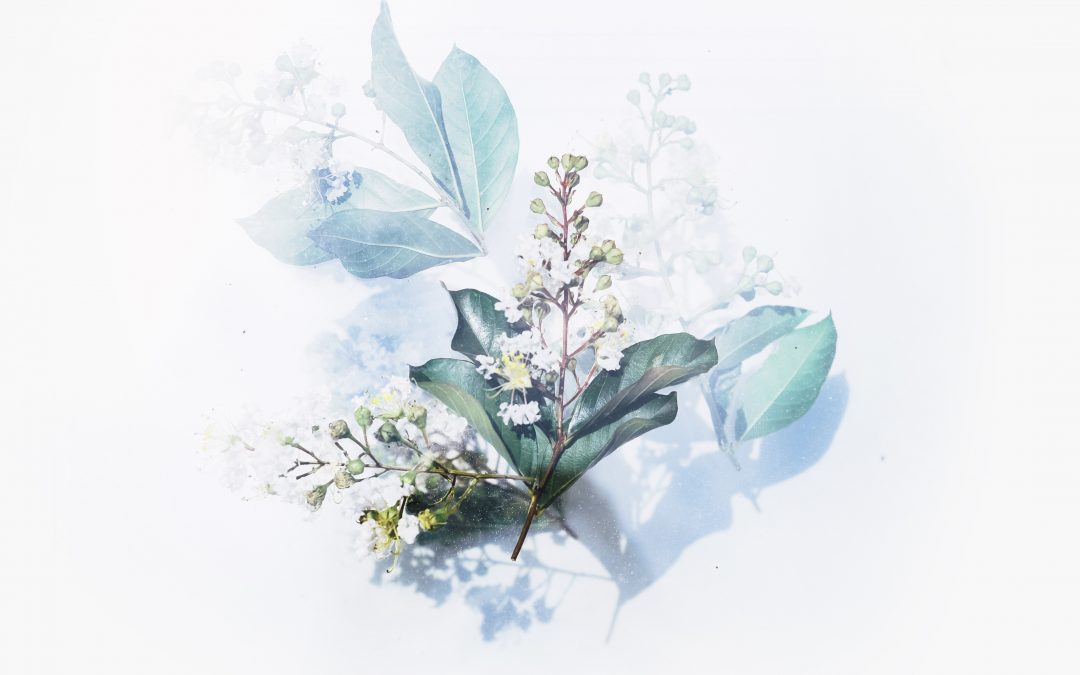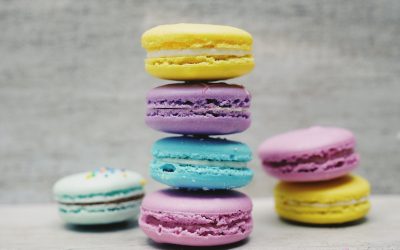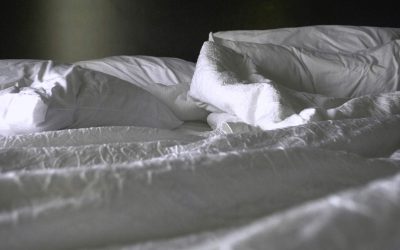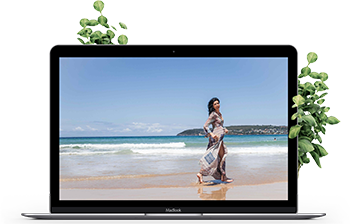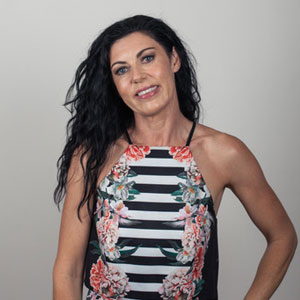Aromatherapy & Essential Oils for Healing
Apart from the fact that they died in tragic or mysterious circumstances, Cleopatra, Hippocrates, Pope John Paul 1 and Princess Diana were all advocates of the beautiful art of aromatherapy. Aromatherapy is the use of aromatic plant essences – or essential oils – in a variety of ways. The resurgence of alternative and complementary medicines in Western society has seen aromatherapy become very popular.
Yet many of us still only see the benefits of aromatherapy as a pleasant perfume in an oil-burner. There is a far broader application for that bottle of lavender or orange. Aromatherapy can nurture you physically, emotionally and mentally.
HOW DO YOU USE ESSENTIAL OILS?
Essential oils can be used in a variety of ways for healing or pleasure. They can be blended into vegetable oils and creams, added to the bath, used in steam inhalations and compresses, blended into enchanting perfumes, or vaporised to create the familiar ambience we normally associate with aromatherapy.
WHAT IS AN ESSENTIAL OIL AND HOW DOES IT WORK?
Essential oils are the fragrant liquid components of aromatic plants, trees and grasses. Different plants contain different amounts of oil, and require different extraction processes, which is basically why some oils are far more expensive than others (eg. rose otto and neroli). A hundred kilos of lavender produces almost 3 litres of essential oil, while 100 kilos of rose petals produces only half a litre of oil. A single oil may consist of hundreds of active chemical components, so it can be used for a variety of disorders.
By blending oils, we can make them even more powerful. Studies have shown that essential oils have a very small molecular structure, allowing them to pass through the skin. Oil takes about 30 minutes to be absorbed through healthy skin, from where they diffuse into the bloodstream, lymph and interstitial fluid (a liquid surrounding all body cells). When inhaled, the aromatic molecules reach the bloodstream via the tiny air sacs in the lungs.
HOW CAN I USE AROMATHERAPY IN MY EVERYDAY LIFE?
Relieving Life’s stresses
Remember walking into that shop and commenting on the beautiful smell, then experiencing a sense of relief from the day’s hectic round of activities? By aiming to stimulate, rather than suppress, the body’s natural defences, aromatherapy helps create favourable conditions in the mind. Try lavender, basil, bergamot, clary sage and ylang-ylang for their antidepressant powers. Try chamomile, cedarwood and neroli to relax you. And try geranium and patchouli to balance the emotions. Put a few drops in an oil burner or, even better, add them to a hot bath, light some candles and indulge!
Enhance Your Mood
Incorporating essential oils in your lovemaking can certainly add some spice. The very act of massage, combined with the aphrodisiacal properties of certain oils, is a sure-fire way to enhance the mood. Blend 10ml of jojoba, grapeseed or olive oil with 15-20 drops of black pepper, coriander, ginger, vertiver, rose otto or sandalwood. For stimulation, use peppermint, pine and tea tree oil.
Keep Bacteria at Bay
Arm yourself against winter’s colds and flu! Essential oils can be used as fumigants to help prevent the spread of infection. Using a vaporiser is the best way to do this. Pine, thyme, peppermint, lavender, lemon and cinnamon are the most powerful against air-borne bacteria. Eucalyptus and tea tree oil also have strong antiviral properties, so they are especially useful in fighting the flu.
Experiment with Your Own Skin Care
Essential oils can help preserve your skin’s suppleness since they penetrate to the deepest layer and enter the bloodstream. Apply a facial oil once a week for maximum benefit. Enjoy a walk in the fresh air immediately afterwards, as the combination of oxygen and essential oil is a superb skin rejuvenator! You may opt to use a light facial base oil such as apricot kernel (add 2 drops of essential oil for each teaspoon of base oil) or an unperfumed face cream (stir 2-3 drops of essential oil into 30g of face cream). Try chamomile, lavender and neroli for dry skin, bergamot, rosemary and tea tree for oily skin, and frankincense and sandalwood for ageing skin.
Great for Common Medical Ailments
Tagged ‘Nature’s Survival Kit’, essential oils are increasingly being used to provide relief for common medical problems. Apple and cinnamon have been known to lower blood pressure and stave off panic attacks. For muscular aches and pains, use black pepper, chamomile, cypress, eucalyptus and ginger. Lavender, clary sage, neroli and cedarwood help ease pre-menstrual tension, while hayfever and sinusitis benefit from eucalyptus and sandalwood. Try rosemary for high cholesterol, peppermint for toothache, myrhh for ringworm, majoram for constipation and lemon for insect bites and stings.
Aromatherapy is easily incorporated into any lifestyle. Just remember that, like other holistic therapies, it works best in combination with a healthy diet and lifestyle!
ESSENTIAL POINTS ON ESSENTIAL OILS
- Check that the oil is labelled ‘essential’, as it is vital to use only pure, unadulterated essential oils in aromatherapy. Perfumed oils for rooms are not ‘essential’. Also, check that the oil has not been diluted with almond oil. It is always best to buy from a reputable supplier.
- Storage is important. Essential oils should be sold in well-stoppered glass bottles and protected from heat and damp. In theory, with the exception of citrus oils, your oils should keep for several years.
- Avoid essential oils if you are pregnant or breastfeeding, unless under the guidance of a qualified Aromatherapist. Oils are easily absorbed into the bloodstream, which is a direct line to the baby and the breastmilk. Only use pure almond oil for baby massage, particularly if the baby is under 12 months.
- A few people’s skin may be sensitive to certain oils such as basil, bergamot, geranium, ginger, lemongrass, Melissa, peppermint and ylang-ylang, especially in high concentrations. Try in low concentration first if you are concerned.
- Never take essential oils internally.
- If you’re an asthma sufferer, don’t use steam inhalations, with or without essential oils. Concentrated steam may trigger an attack.
- The greatest benefits from Aromatherapy come when combined with a healthy diet and adequate exercise.
ESSENTIAL RECIPES USING ESSENTIAL OILS
Sensual Massage Oil
Mix with 25 ml of base oil:
Mandarin (2 drops)
Geranium (2 drops)
Black pepper (3 drops)
Ylang-ylang (3 drops)
Winter Spice Room Perfume
Add to a vaporiser or oil burner:
Lavender (3 drops)
Coriander (6 drops)
Ginger (1 drop)
Clove (1 drop)
Frankincense (2 drops)
Cellulite Bath Aid
Add to your bath:
Blend 1: lemon (3 drops), cypress (3 drops), patchouli (1 drop)
Blend 2: juniper (3 drops), lavender (1 drop), rosemary (3 drops)
Blend 3: orange (3 drops), pine (4 drops)
And if you’re not a DIYer, one of my favourite skincare lines using Aromatherapy and essential oils is Subtle Energies.

